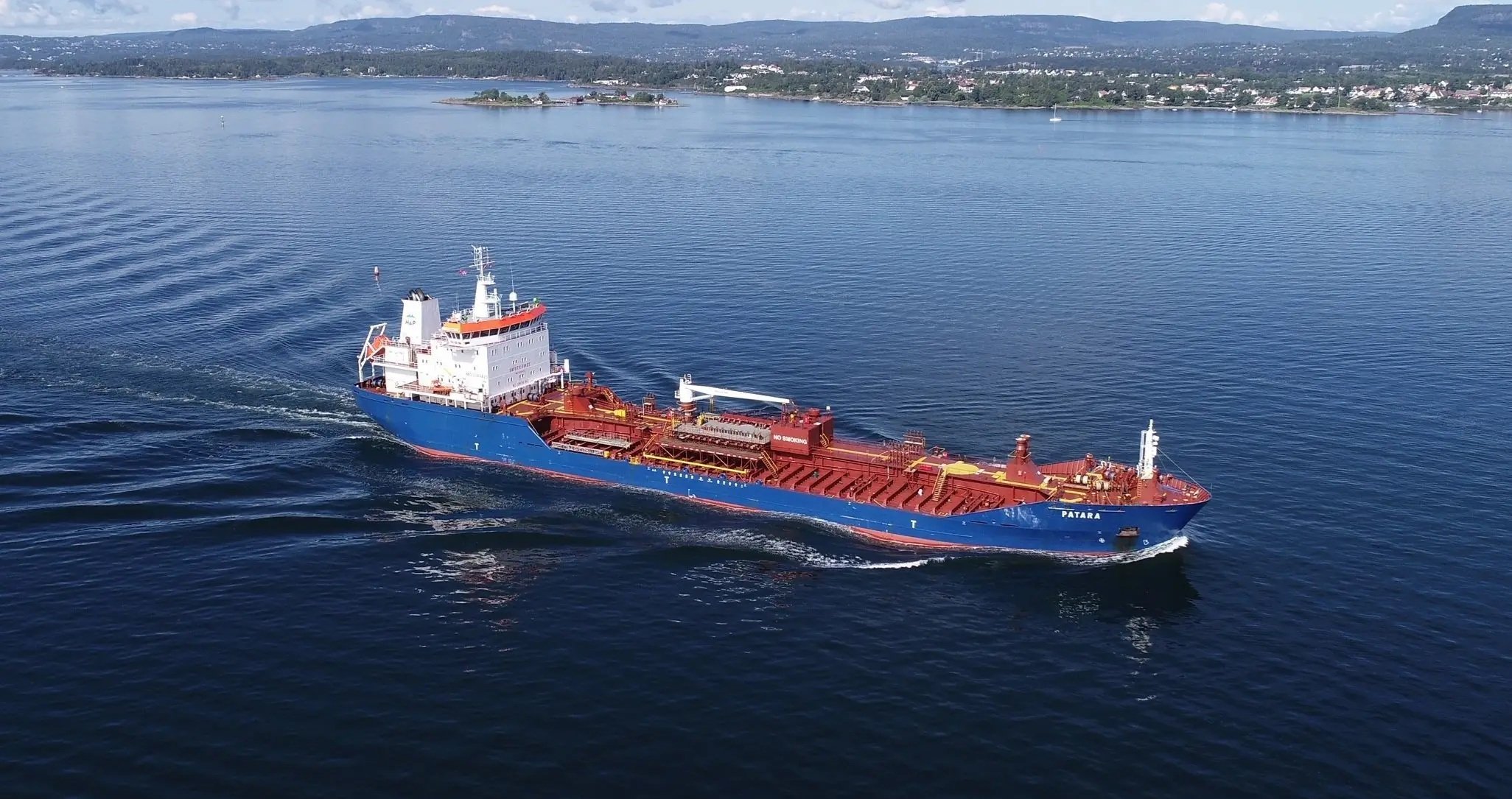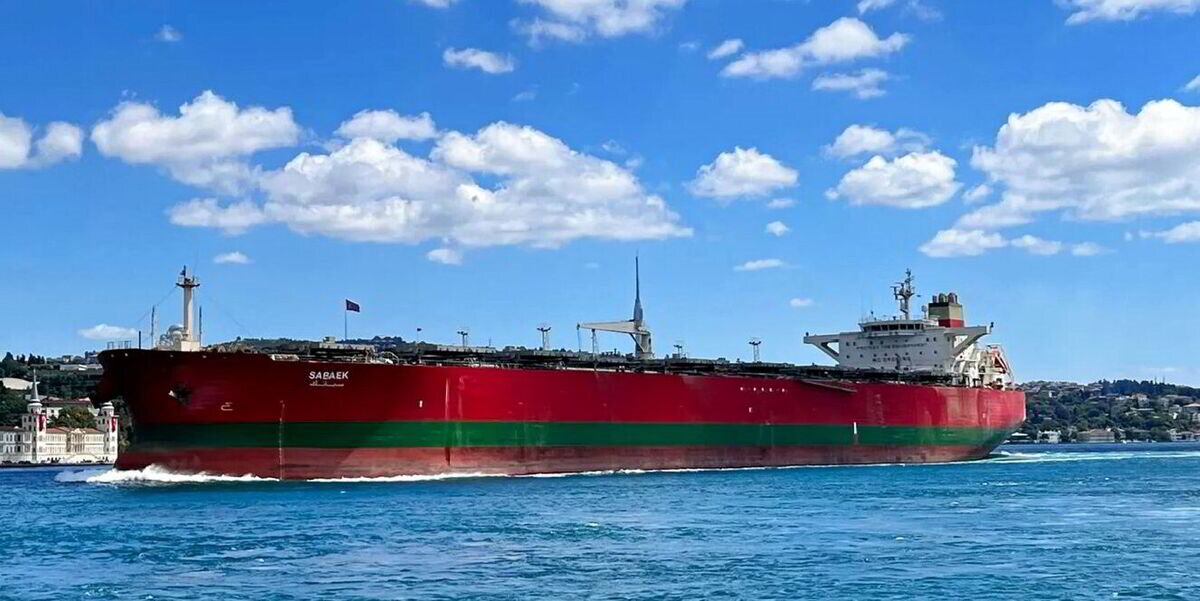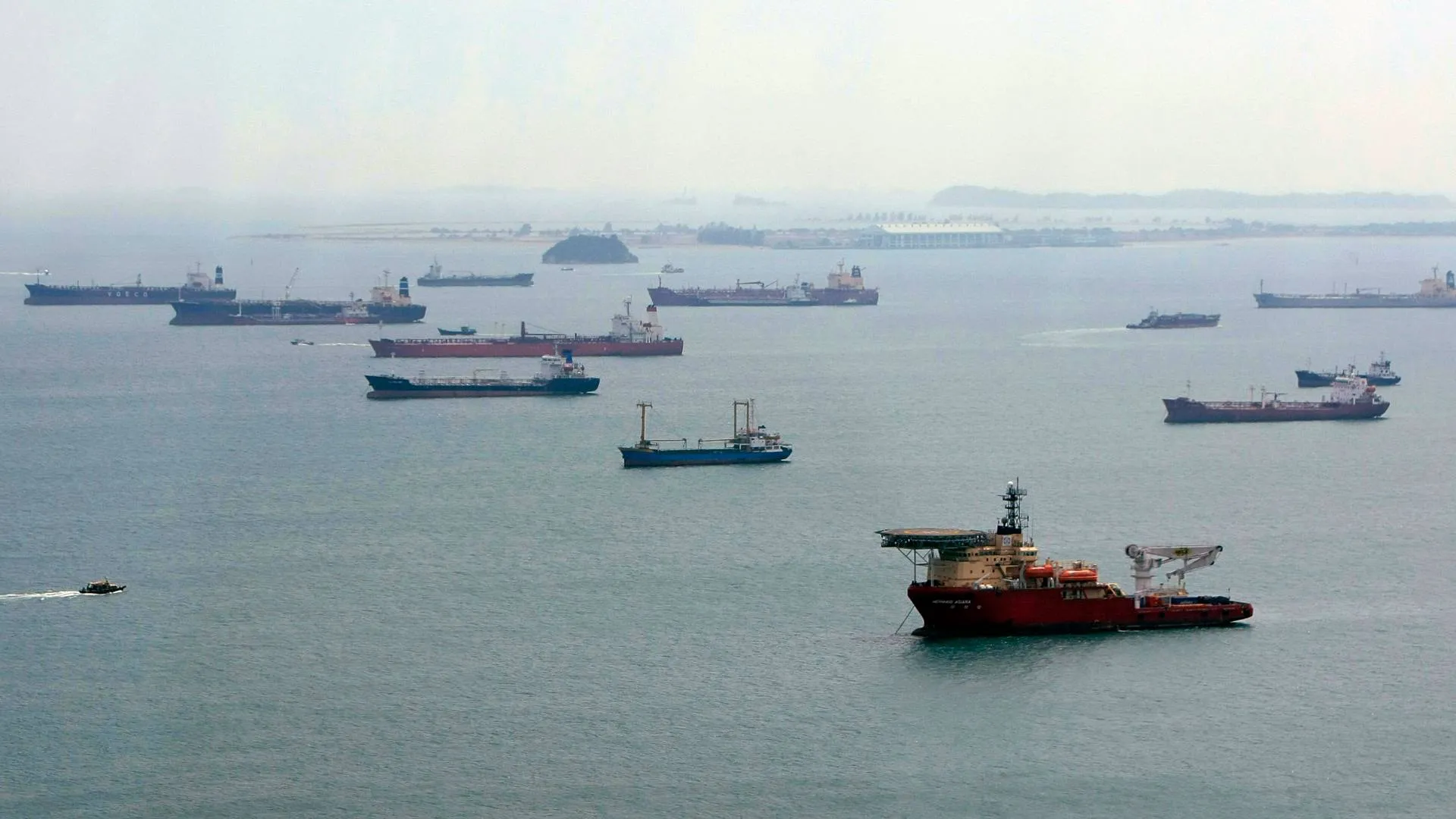Less than a week after its publication in the Official Gazette, Assiterminal’s judgment on the conversion into law of the Infrastructure Decree is extremely harsh.
“The provision on concession fees ‘self-proclaims,’ improperly, as an interpretative rule, which certainly cannot have the purpose of ‘overturning’ the jurisdictional power, namely the final judgment established by the ruling of the Lazio Regional Administrative Court (TAR); otherwise, it would potentially open a season of appeals along the lines of 2023, or perhaps worse. We will propose to the General Directorate for Ports and Intermodality to express itself while preserving the content of the ruling solely for the year 2023, thus offering fair and sustainable mediation for both concessionaires and Port System Authorities (AdSPs),” the association explained in a statement.
The reference is to the Lazio TAR ruling that annulled the update of state property fees for 2023, which were particularly burdensome for port terminal operators represented by Assiterminal. The concern is that the legislative intervention risks nullifying the annulment, validating the interpretation of the Ministry of Infrastructure, which—anticipating what is now provided for by the Decree—replaced the wholesale market value index with the industrial producer price index.
That’s not all. “The provision on waiting or dwell times in favor of road haulage, while commendable for protecting a sector often at the mercy of clients who undervalue its work through low-cost contracts, introduces a confusing series of steps for measuring waiting times, implicating the shipper-terminal operator in responsibilities hardly attributable to them: we have immediately taken action to examine all aspects of this new scenario and will soon propose an interpretative circular to the Ministry of Infrastructure and Transport to avoid chaos; otherwise, another season of litigation looms. We are also available for discussions, under the Ministry’s coordination, with all stakeholders, noting that the measure introduced by the provision should eliminate the port congestion fees recently demanded locally by some road haulage operators. On this issue as well, the need for national coordination is evident to avoid tariff distortions between ports and additional costs on goods—compounded by the fallout of geopolitical dynamics—which certainly do not improve the efficiency of the Italian logistics system.”
Assiterminal also reiterated its criticism of “yet another missed opportunity to activate the Fund for the Early Retirement of Port Workers: the reason is unclear, unless perhaps hidden in the process of completing the appointments of the AdSP Commissioners, with yet another postponement, currently to July 30. We hope the same method will not be used for selecting the General Secretaries, who should be freely chosen by their respective Presidents.”
The “half-full” part of Assiterminal’s glass (decidedly less than half) consists of “the excellent work carried out by the General Directorate for Ports and Intermodality and by RAM with the launch of the business login process, which could accelerate investments in the digitalization of logistics interoperability. However, a firm stance on the port sector is increasingly necessary: entrepreneurs’ investments and planning cannot constantly be undermined by the uncertainty of some rules or the absence of others. Companies prefer to invest in work and efficiency rather than in legal disputes.




